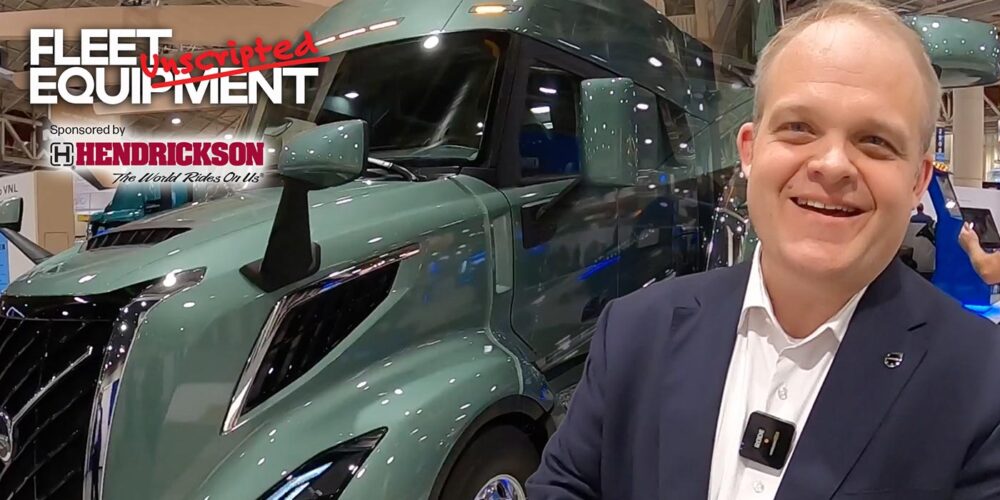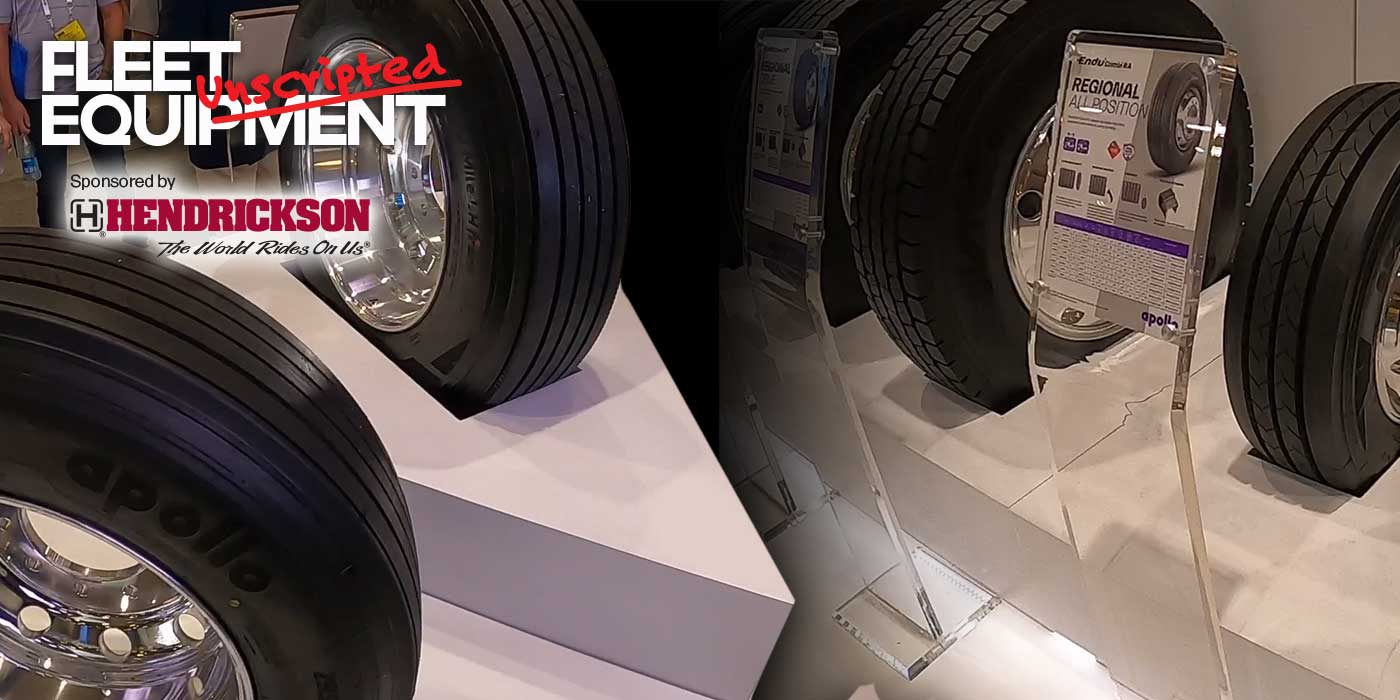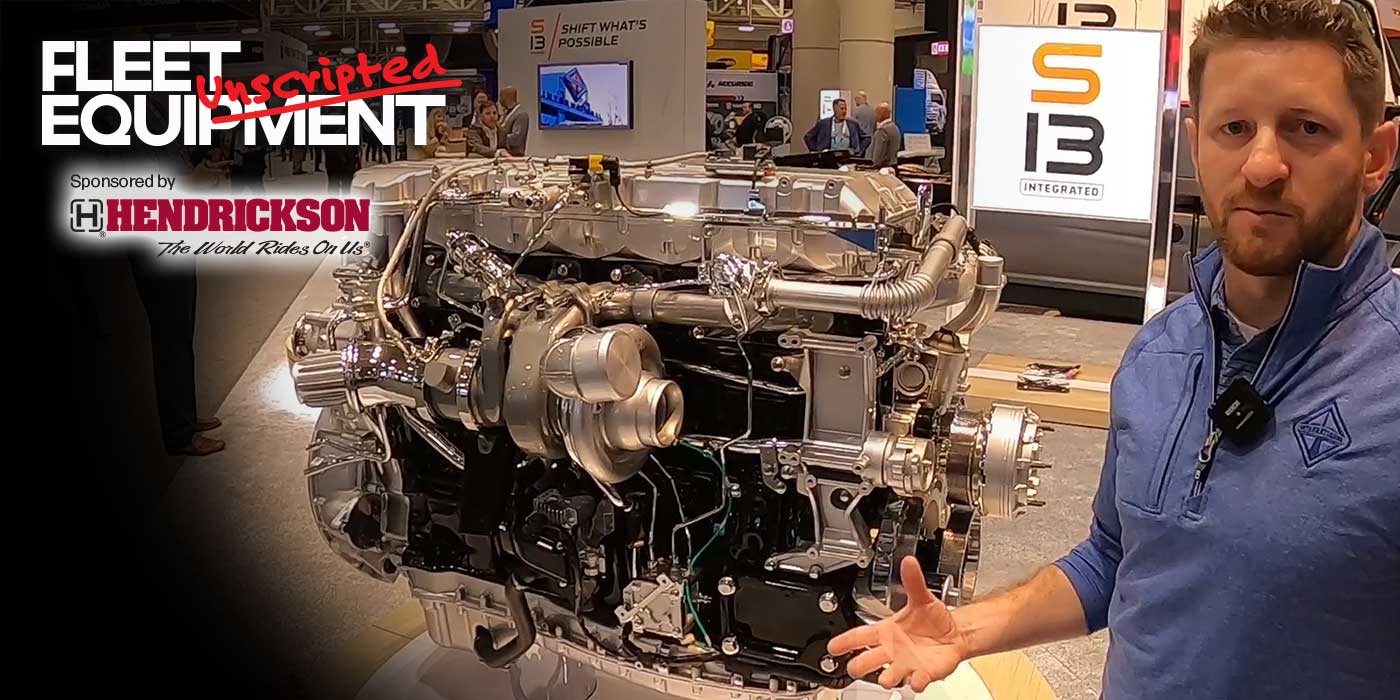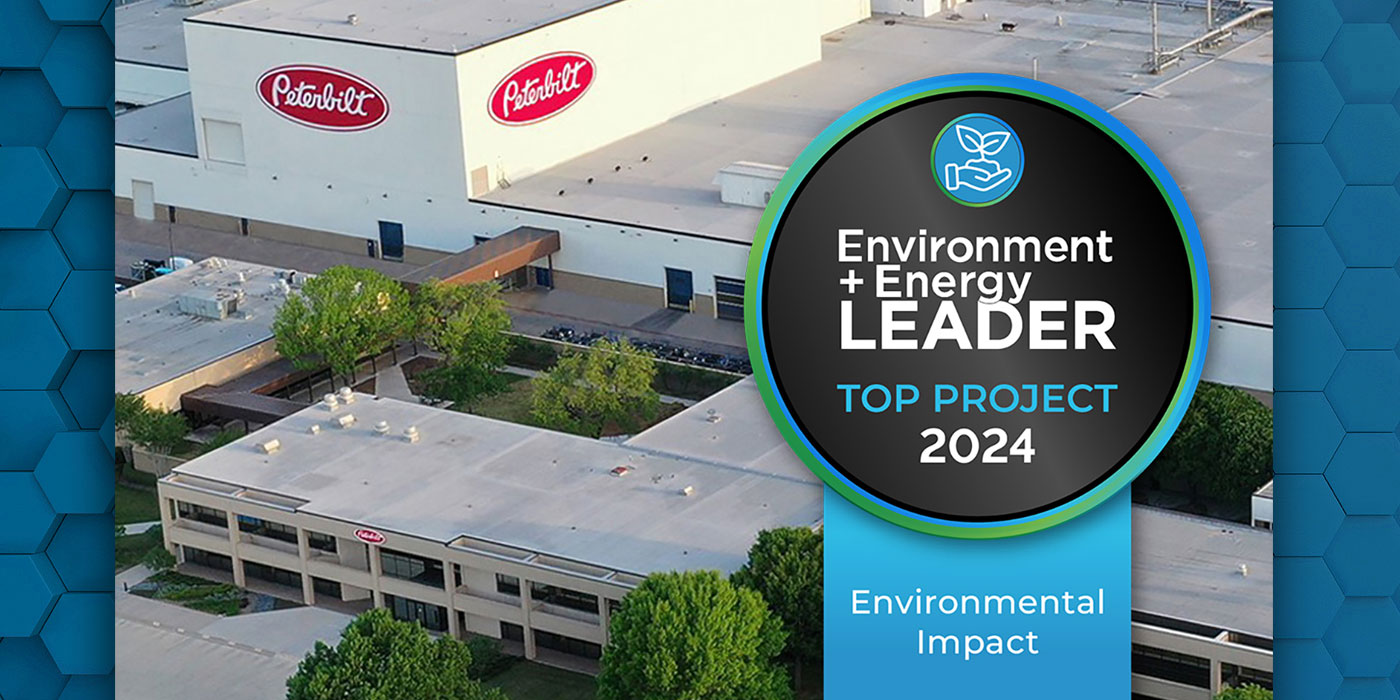Sustainability might sound like a buzzword to some, but for trucking fleets across the planet, the future of their business depends on decarbonized transportation. Here in the U.S., we’re now seeing legislation announced with some regularity to help push trucking in a more sustainable direction, like California’s Advanced Clean Fleets rule that bans combustion truck sales in the state starting in 2036.
Decarbonizing fleet operations can come with a host of huge benefits, with the potential of fleets meeting their customers’ sustainability expectations, increasing efficiency, attracting and retaining the drivers of the future all while making a positive impact on the planet. The kicker is that every individual application demands trucks with different sets of capabilities.
On today’s episode of Trucking Sustainably, to help us wrap our heads around what decarbonization really means for trucking, we have a chat with the environment and innovation director at Volvo Trucks, Lars Martensson. The company is taking a three-pillar approach to decarbonizing the industry, recognizing that there is no one-size-fits-all solution. Later, we check in with the chief technology officer at cellcentric, Nicholas Loughlan, to get a rundown on what it takes to develop hydrogen fuel cell systems for heavy-duty trucks.













